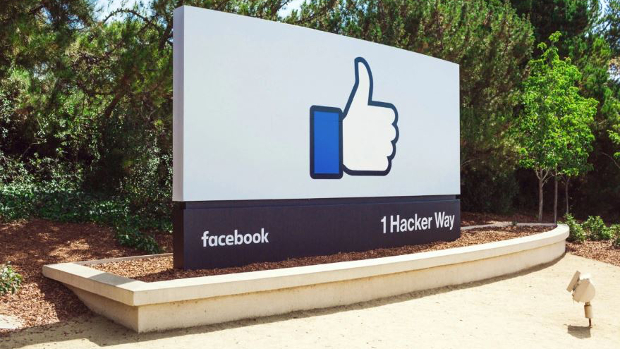
Facebook halts cryptocurrency plans until US regulatory approval
In a prepared statement to a House oversight committee, Facebook CEO Mark Zuckerberg said plans to launch a global payments system will remain on hold until US regulators approve it. The comments end speculation Libra coin could go live in nations where there is no government pushback.
The statement, published today, will be part of Zuckerberg’s planned testimony before the House Committee on Financial Services on Wednesday. The committee announced in August it would continue reviewing Libra and hear testimony not only from Zuckerberg but also government officials and regulators.
In June, Financial Services Committee Chair Maxine Waters asked Facebook in a letter to pump the breaks on its Libra launch, “given the company’s troubled past,” until officials can examine issues associated with it more closely “and take action”.
Libra cryptocurrency and its Calibra online wallet had been scheduled to launch in 2020, but US regulators argued too little was known about the digital money and its potential to enable money laundering, adhere to know-your-customer rules, and could threaten user privacy. French and German regulators also said they would not allow Libra to launch within their borders because it could threaten the Euro’s value and unlawfully privatise money.
It’s not the first time cryptocurrency has been challenged by governments around the globe. Last year, the Reserve Bank of India (RBI), the country’s central bank, announced a ban on the use of Bitcoin and other digital money by any regulated financial entity because of risks associated with it. China has also banned the use of some cryptocurrencies, while also planning a launch of its own digital money.
In his statement, Zuckerberg warned of the risks of not innovating on financial infrastructure, which he called “stagnant”.
“While we debate these issues, the rest of the world isn’t waiting. China is moving quickly to launch similar ideas in the coming months,” Zuckerberg said in the prepared remarks. “Libra will be backed mostly by dollars and I believe it will extend America’s financial leadership as well as our democratic values and oversight around the world. If America doesn’t innovate, our financial leadership is not guaranteed.”
Martha Bennett, a vice president of research at Forrester, called
Zuckerberg’s warnings about China gaining a lead in the crypto race
nothing more than fear-mongering.
“China won’t launch a cryptocurrency as such; it may launch a digital currency that leverages some of the technologies involved, but it’ll be a centrally controlled artifact. Not comparable at all [to Libra],” she said via e-mail. “Facebook still has a long way to go to address regulatory concerns,” he said.
Management
Libra coin will be managed by the Libra Association, a separate entity from Facebook comprised of financial services firms, fintech companies, retailers and even ride-sharing companies such as Lyft, as well as non-profits. When Facebook originally announced its cryptocurrency and Calibra digital wallet plans in June, it had 27 backers. Today, it has 21.
Earlier this month, more than a half-dozen members of the Association, including PayPal, Visa, Mastercard, eBay and Stripe pulled support for the project and left the group as regulatory pressure mounted and a deadline to formalize their commitment approached.
In September, the Federal Reserve asked some of the US’ biggest banks what they thought about Libra; they responded saying it could threaten the financial system by creating a ‘shadow banking’ system.
Earlier this year, JPMorgan Chase announced plans to pilot its own cash-backed cryptocurrency for cross-border clearance and settlement purposes for institutional clients. JPM Coin, would not, however, be a monetary system for the unbanked of the world like Libra coin could, Litan said.
“I believe this is something that needs to get built, but I understand we’re not the ideal messenger right now,” Zuckerberg said. “We’ve faced a lot of issues over the past few years, and I’m sure people wish it was anyone but Facebook putting this idea forward.”
In a mea culpa to the committee, Zuckerberg said people shouldn’t be discriminated against on any of Facebook’s services, and it now has policies in place to prevent hate speech and remove harmful content.
“But discrimination can also show up in how ads are targeted and shown. As part of a settlement with civil rights groups, we’ve banned advertisers from using age, gender, or zip codes to target housing, employment, or credit opportunities, and we’ve limited interest-based targeting for these ads,” he wrote.
Facebook also needs to do more to address diversity among its
employees, most urgently among its leadership, which is underrepresented
by people of color, and women in technical and business roles,
Zuckerberg said.
IDG News Service







Subscribers 0
Fans 0
Followers 0
Followers